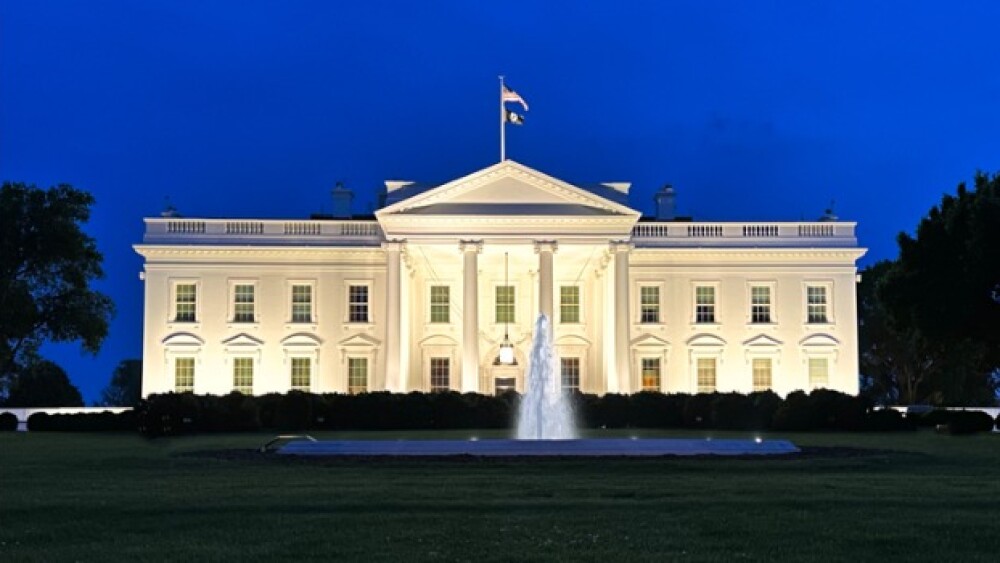Following a court’s ruling last week over a partial clinical hold placed on the company in 2018 by the U.S. Food and Drug Administration, Vanda Pharmaceuticals said it is undertaking a “comprehensive review” of the decision and will then determine the next appropriate steps.
Following a court’s ruling last week over a partial clinical hold placed on the company in 2018 by the U.S. Food and Drug Administration (FDA), Vanda Pharmaceuticals said it is undertaking a “comprehensive review” of the decision and will then determine the next appropriate steps.
The Washington-based company initiated the lawsuit against the FDA in February 2019 challenging the regulatory agency’s legal authority to issue the partial clinical hold and seeking to have the United States District Court for the District of Columbia set that hold aside. In its announcement, Vanda said it rejected the FDA’s call for conducting “unnecessary and unethical animal studies” before allowing the trial to continue in humans. The company said it had conducted numerous animal studies and additional studies should not be required.
The FDA issued the partial clinical hold in 2018 based on the company’s amendment to a proposed 52-week open-label extension for patients who had completed the tradipitant Phase II 2301 clinical study in gastroparesis, a chronic gastrointestinal disease for which there is currently no treatment. In that study, tradipitant met its primary endpoint in patients with idiopathic and diabetic gastroparesis. The company also said tradipitant was well tolerated with comparable rates of adverse events between the tradipitant and placebo groups.
In April 2018, Vanda amended the trial protocol limiting the duration of treatment in the study to a total of three months, while continuing to seek further dialogue with the FDA on extending the study duration to 52-weeks. Vanda also said that in September 2018, the company submitted a new follow-on 52-week OLE protocol to the FDA (2302) for patients who had completed the 2301 study. Then, in December 2018, the FDA placed the partial clinical hold on the two proposed studies of tradipitant, stating that Vanda is required first to conduct additional chronic toxicity studies in canines, monkeys or miniature pigs before allowing patients access in any clinical protocol beyond 12 weeks. Vanda claimed that the partial clinical hold was “not based on any safety or efficacy data related to tradipitant.” Rather, the FDA informed Vanda that these additional toxicity studies are required by a guidance document, the company said in early 2019.
As a result, in February of last year, Vanda filed its lawsuit. Vanda claimed that additional chronic toxicity studies are unjustified based on existing protocols. The company also said it provided the FDA with sufficient information regarding the safety of tradipitant in order to justify its continued study in patients beyond 12 weeks, in accordance with applicable law and FDA regulations.
“FDA guidance documents outline the types of animal studies, including the appropriate species and duration, that are recommended to provide sufficient evidence of safety before a drug is studied in humans. However, the recommendations in FDA guidance documents are not legally binding on either the FDA or drug developers. If a company submits information to the FDA to show that further study in humans would be safe based on different information, the FDA is supposed to evaluate the company’s proposal and make a case-specific, science-based determination as to whether it agrees,” Vanda said when it filed its lawsuit.
The FDA responded to the complaint saying the “existing tradipitant studies in non-rodents contain sufficient troubling indications of toxicity such that—while shorter-term human studies may be safe enough to proceed—FDA needs to see if those toxicity markers increase during long-term non-rodent studies before allowing long-term human studies,” according to Regulatory Focus, the publication for the Regulatory Affairs Professional Society. The FDA also provided rationale for its request of a nine-month non-rodent study of tradipitant, an NK-1R antagonist licensed by Vanda from Eli Lilly in 2012.
On Jan. 31, Judge John Bates sided with the FDA. He denied Vanda’s motions for a summary judgement and also denied filing of an amicus brief by the American Humane Society that challenged FDA’s justification for an additional animal study, RAPS reported. The judge found that the FDA had acted in accordance with its own guidelines and that the “response appropriately expanded on the agency’s earlier decision,” according to the report.





